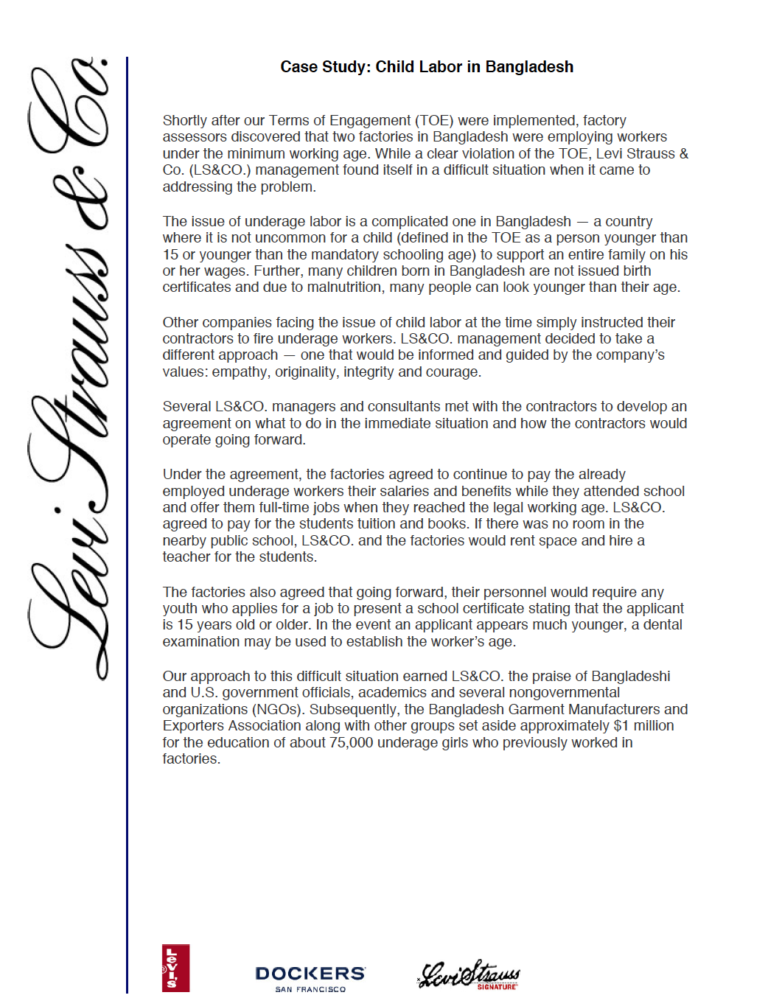Using SAS® Text Analytics to Assess International Human Trafficking Patterns
Good PracticesPublicationsBy Tom Sabo, Adam Pilz, SAS Institute Inc. Abstract The US Department of State (DOS) and other humanitarian agencies have a vested interest in assessing and preventing human trafficking in its many forms. A subdivision within the DOS releases pub...Read More

